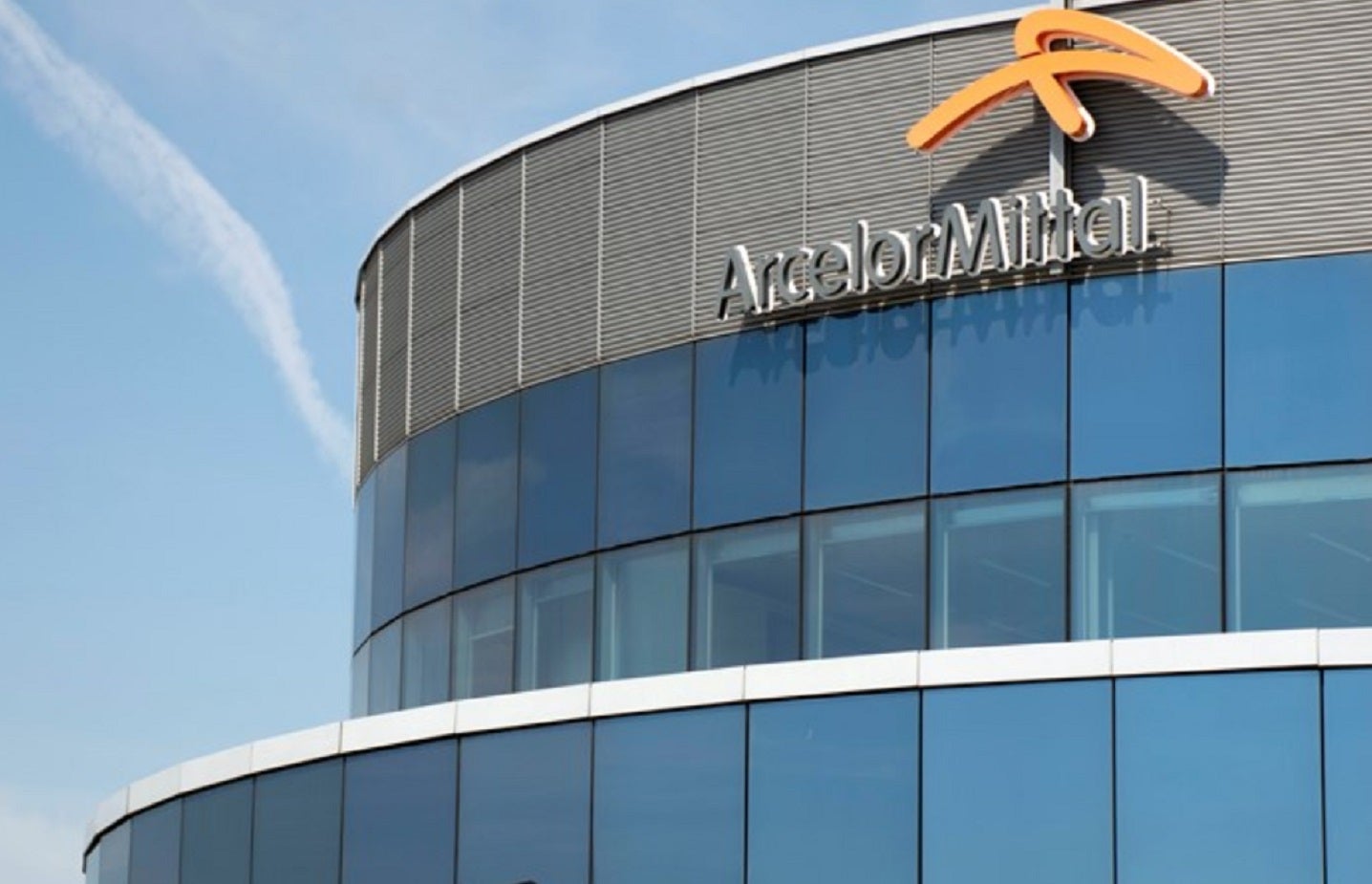With LNG2023 coming to Vancouver following the Western Premier’s statement, Margareta Dovgal shares her optimism on Canada’s LNG opportunity.

Margareta Dovgal discussing LNG and Indigenous participation at the 2023 Indigenous Partnerships Success Showcase.
Hosting the world LNG2023 conference this week is a win for Vancouver, but more than that, it signals to the world that Canada has truly arrived on the scene with LNG.
LNG2023 is the largest event in the liquefied natural gas industry. It was supposed to take place in Russia (St. Petersburg) but pulled out after Russia invaded Ukraine.
It brings an estimated 15,000 delegates to Vancouver, including incredibly influential titans of industry, senior officials and dignitaries, diplomats and negotiators.
And it underlines how LNG is the most important fuel today.
LNG is enabling energy transition in rapidly growing and energy-hungry economies in Asia and elsewhere, countries such as Japan that want cleaner energy alternatives to burning coal to generate electricity.
It is vital to the security of allies in Europe as well.
Almost a year ago, German chancellor Olaf Scholz visited Canada, telling Prime Minister Trudeau that Germany would “really like Canada to export more (LNG) to Europe.”
Yet we are still not sending Canadian LNG to Europe. Instead, we export natural gas to the US, which processes some of it into LNG and sends it to Europe.
The Americans are supplying cargo after cargo of LNG to Europe because the US has built the right infrastructure in a timely manner to liquefy the gas and ship it straight to European markets.
Russia’s aggression in Ukraine has also been a wake-up call to the world on energy. The impact on energy prices has had truly devastating impacts on families, small businesses, financially insecure seniors and many, many more.
And the economic security of Europe, coming out of an incredibly challenging pandemic, has effectively been set back.
To some extent, though, the problem has also been Europe’s failure to plan — and Canada’s failure to be ready to provide a product in time that the world needs and our allies need and want.
Qatar is going to be the next host, after Vancouver, of the world LNG conference. Qatar was the world’s largest exporter of LNG in 2022, and has massive expansion plans in the works.
But the LNG2023 conference gives Canada an opportunity to signal its readiness and maturity, as a seasoned and capable major energy player.
The moment is now to demonstrate that we can rise to the challenge.
There’s also the imperative to act rapidly and effectively to prevent further global warming. Our world energy mix is contributing to climate change, and we’re not even close to cutting the cord on reliance on fossil fuels. They still provide a very, very clear majority (82%) of energy around the world. And natural gas and LNG is a really big part of it.
Here in BC, the government has set some pretty clear targets: by 2030, they expect LNG production to be net-zero, so it’s an evern cleaner product, cleanly produced.
When it comes to world energy in general, we need energy produced responsibly and sustainably, respecting human beings and communities first and foremost.
On these measures, Canada definitively comes out on top, but we haven’t yet landed all the infrastructure to enable export capacity that matches our production potential.
If we can build that infrastructure, we can have LNG jobs in BC and double down on benefits flowing through to people in communities across the country and supporting our collective quality of life.
There’s also a really important reconciliation angle: Indigenous LNG is Canadian LNG.
Every single project in BC right now, in various stages of being planned or built, has robust Indigenous support. Some are even Indigenous-led, like Cedar LNG or Ksi Lisims.
It’s a major part of Canada’s reconciliation story and the work that’s needed on economic inclusion for all Indigenous peoples.
All of these factors, from decarbonization progress in Canadian LNG to incredible economic benefits and Indigenous inclusion, point to how the fuel can and should be part of Canada’s action plan on climate change, international energy security and local benefits for Canadians.
On the future of LNG, world market-watcher Wood Mackenzie sees a bullish outlook for LNG, with Western Canada as something of a dark horse.
“The challenges for building out new capacity are clear. Construction costs are high in Canada, not least for new pipelines. . . . Support from Canadian First Nations is critical to secure social licences,” says Wood Mackenzie analysts.
“But Canada also has much in its favour,” they continue, citing huge responsibly sourced gas resources and producers (including Asian investors) eager for natural gas and LNG development.
“Another key competitive advantage is the proximity to North Asian markets, avoiding the constraints of the Panama Canal and cutting shipping costs . . . compared with US Gulf Coast projects.”
No doubt, the hosts of LNG2023 will be hoping advantages like these can help move Canada from a footnote in the developing world LNG industry to a major contributor.
As Resource Works’ founder and CEO, Stewart Muir, says, natural gas and LNG are needed more than ever.
While the importance of renewables in our global energy mix is growing, so is LNG. That’s a pattern that will continue, especially for low-carbon solutions. Luckily, natural gas sourced for Canadian LNG facilities has an advantage on that front.
Stewart said it well: “It’s time to recognize that natural gas, and particularly LNG, is not the villain of our climate story, but a character we’ll need more than ever.”
As LNG2023 comes to Vancouver, it’s worth noting the Western Premiers’ statement of commitment to the Canadian economy, LNG exports and the road to future prosperity. Their focus on LNG and related trade issues recognizes the important role this resource plays in our shared economy.
As we said in our media release applauding their statement, “their unified voice on significant issues such as climate action, energy security and strategic infrastructure offers a pathway to economic resilience for all Western Canadians.”
As BC hosts the world’s biggest and most important gathering on LNG, I’m optimistic about the truly incredible opportunities we have as a province and country to support economic well-being, reconciliation and decarbonization at home and around the world.
Margareta Dovgal is Resource Works’ Managing Director. Hear more from her on this topic on Vancouver’s Spice Radio.
Share This:






